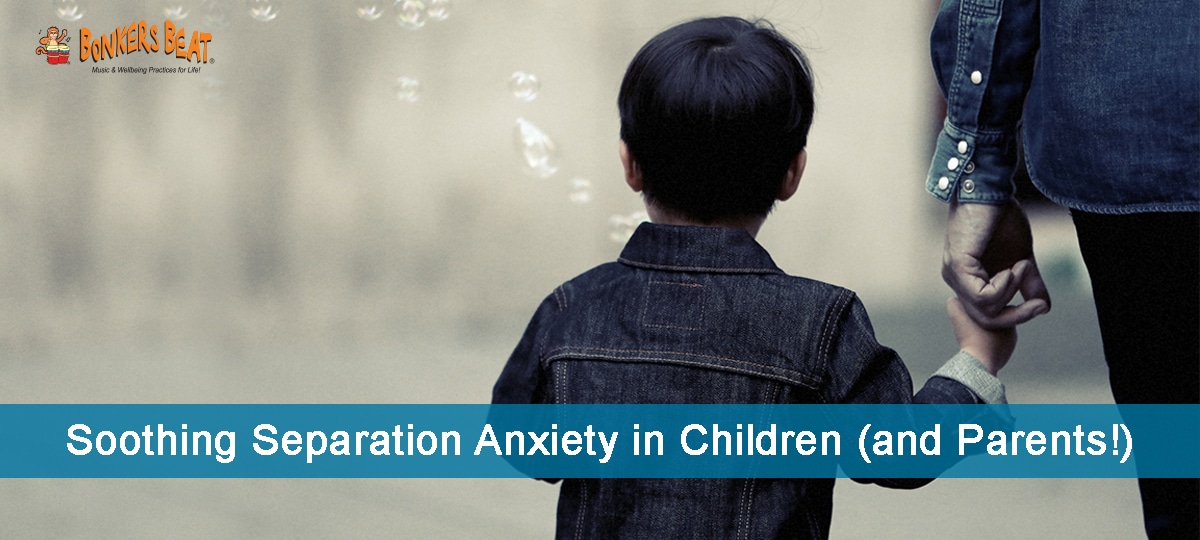Many children have just started in new centres, new schools or perhaps new rooms with an existing care provider.
For some families and educators it will be all smiles and a smooth transition. For others it can be very upsetting as children can be distressed, particularly at drop off time. Sometimes we see parents feeling separation anxiety around this time too. This is nothing to be concerned about.
Separation anxiety is not unusual – in fact, it’s quite common. With a few tried and tested strategies, educators and centres can help families to overcome separation anxiety and make drop off time easier for everyone.
What causes separation anxiety?
To understand it best we need to know what brings on bouts of separation anxiety.
Two of the most common causes of separation anxiety we tend to see in early childhood education are directly related to:
-Change in surroundings eg moving house, changing schools/care providers
-Manifestation of parental separation anxiety.
Strategies to soothe separation anxiety
As educators, there are things we can do to help parents and children feel less anxious at drop off time and keep separation anxiety under control.
1. Get ready
A good orientation process can be really effective at reducing the onset of separation anxiety.
Whether it’s a new room, new educators or a new centre, we should guide parents and children to prepare for the impending change in advance.
2. Create a routine
It’s not just children who love routines – adults benefit from them too! Parents and children should be encouraged to create a regular, reliable routine for childcare/kinder days. This helps everyone understand what to expect.
On arrival, knowing what will be happening in the centre will assist children to be even more confident and settle into the day better. (This will help parents to relax too!)
3. Focus on relationships
We believe that collaboration with families is essential for the best outcomes for children in early childhood.
Communicate with parents and reassure them. Parents need to know that educators are capable of identifying signs of discomfort or distress in their child and that their wellbeing is your priority.
4. Incorporate transitional songs
The Bonkers Beat Music Program harnesses the power of music in many ways for centres and children – one such way is through the use of transitional songs.
A transitional song is a great way to facilitate a smooth transition between activities in childcare settings. This same approach could be applied to the drop off period for parents and children. A simple song to be sung by families on the way into the centre each time could be a valuable addition to the routine to help everyone to adapt to the approaching shift in environment.
Your support counts
Separation anxiety isn’t enjoyable for anyone, however your support as an educator can go a long way to help families through it.
Calm voices, reassuring words and body language and a positive attitude paired with our strategies will help guide you through as children settle in to 2017.
If you feel you would like more tips, this ACECQA resource is very handy and full of information to help.





